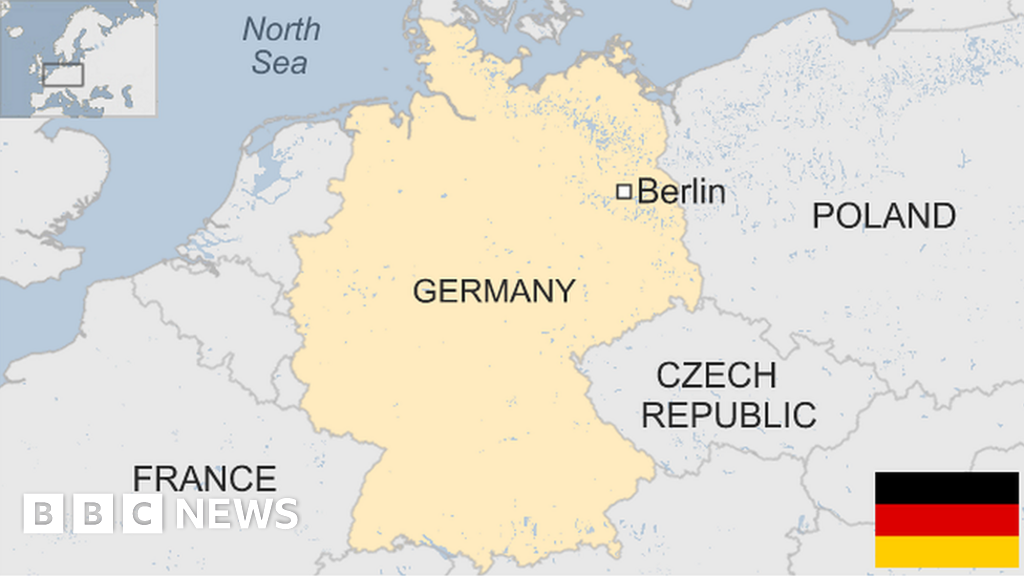1914-1918 – World War One. Germany is defeated and becomes a republic. Emperor William II abdicates and goes into exile.
1919 – Treaty of Versailles: Germany loses colonies and land to neighbours, pays large-scale reparations.
Beginning of the Weimar Republic, based on a new constitution. Its early years are marked by high unemployment and rampant inflation.
1923 – Adolf Hitler, head of the National Socialist German Workers’ (Nazi) Party, leads an abortive coup in a Munich beer hall.
France, Belgium occupy the Ruhr over failed reparation payments. Hyperinflation leads to economic collapse.
1929 – Global depression, mass unemployment.
1933 – Hitler becomes chancellor. Weimar Republic gives way to a one-party state. Systematic persecution of Germany’s Jews escalates. Hitler proclaims the Third Reich in 1934.
1935 – Germany begins to re-arm. Nuremberg Laws deprive German Jews of citizenship.
1938 – Annexation of Austria and Sudetenland.
Kristallnacht (Night of Broken Glass) sees orchestrated attacks on Jews and their property as well as synagogues.
1939-1945 – Invasion of Poland triggers World War Two. Millions of people of all ages, mostly Jews but also large numbers of Gypsies, Slavs and other races, the disabled, homosexuals and religious dissenters, die as the Nazis implement an extermination policy in the death camps of eastern Europe.
1945 – Germany defeated, Hitler commits suicide. Allies divide Germany into occupation zones. Berlin – in the Soviet zone – is itself divided into US, UK, Soviet and French zones.
1945-1946 – Nuremberg war crimes trials see major Nazi figures executed or imprisoned.
1947 – US and UK merge their two zones into one economy, the Bizone. It is a recognition of the breakdown of cooperation between the four occupying powers and the first indication the division of Europe into two Cold-War blocs.
1948 – The Bizone is extended to include the French zone.
1948-49 – Berlin Blockade: Amid worsening East-West relations and the introduction of the new Deutschmark currency in western zones, Soviet authorities block road and rail access from western Germany to West Berlin. The Western allies respond with the Berlin Airlift – a massive air operation to keep West Berlin supplied – until the Soviets abandon the blockade.
1949 – The US, French and British zones in the west become the Federal Republic of Germany (BRD); the Soviet zone in the east becomes the communist German Democratic Republic (DDR).
Konrad Adenauer, of the Christian Democrats is West Germany’s first chancellor. East Germany is led by Walter Ulbricht.
1955 – West Germany joins Nato. USSR responds by forming its own military alliance, the Warsaw Pact, comprising Soviet bloc countries including East Germany.
1957 – West Germany is a founding member of the European Economic Community, along with France, Italy, Belgium, the Netherlands and Luxembourg. The French protectorate of Saarland joins West Germany after voters reject the idea of establishing it as an independent state.

